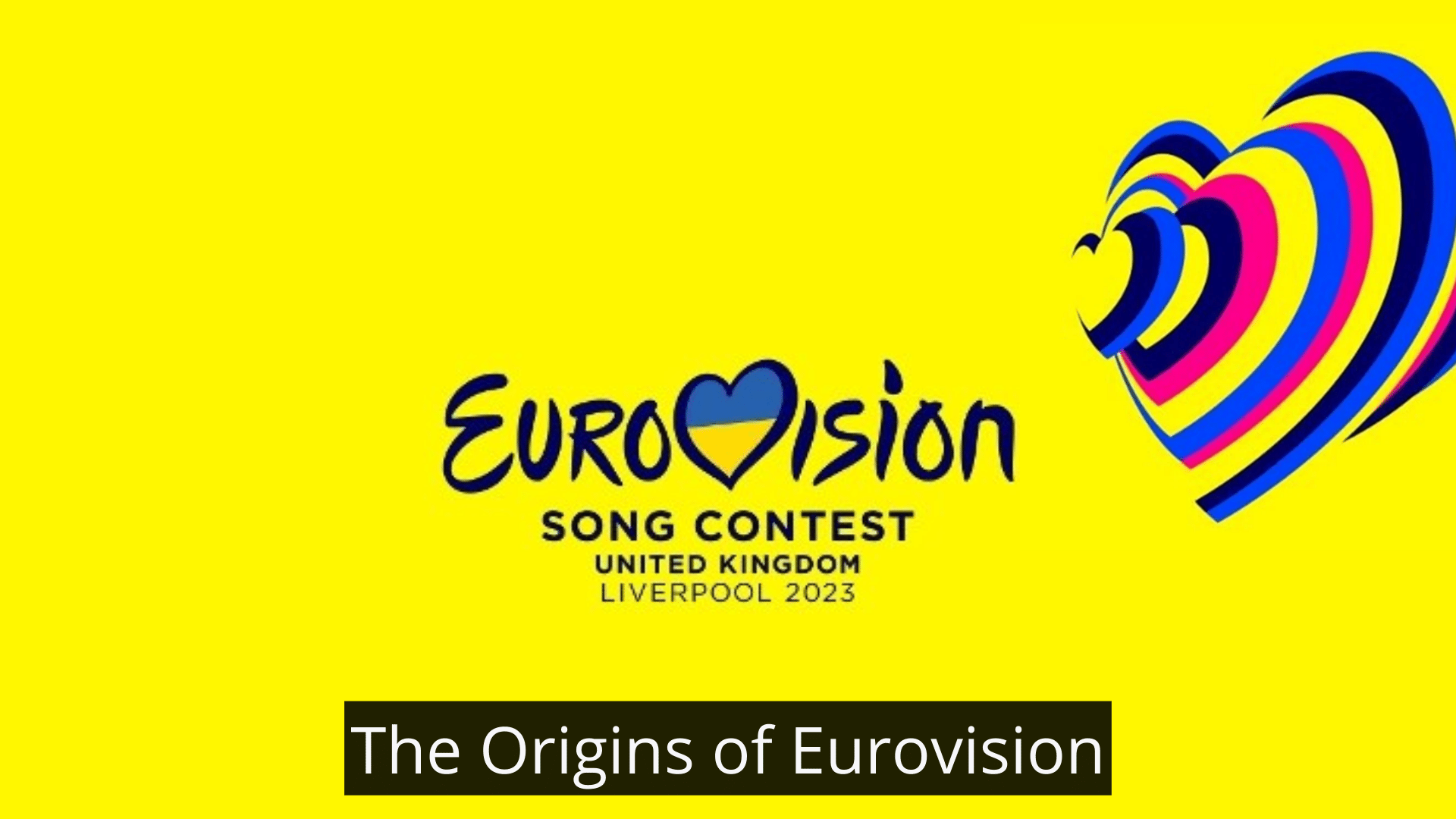The Eurovision Song Contest is one of the most beloved music competitions in the world, bringing together millions of viewers and dozens of countries for an exciting and entertaining evening of music and cultural exchange. But where did this iconic event come from? In this post, we'll explore the origins of the Eurovision Contest and the history behind this beloved tradition.
The Eurovision Song Contest was first held in 1956, as an attempt to promote unity and cultural exchange across Europe in the aftermath of World War II. The contest was the brainchild of Marcel Bezençon, a Swiss television executive who wanted to create a new kind of music competition that would bring together countries from across the continent.
The first Eurovision Contest was held on May 24th, 1956 in Lugano, Switzerland, with seven countries participating: Belgium, France, Germany, Italy, Luxembourg, the Netherlands, and Switzerland. Each country was allowed to submit two songs, which were performed live on television and broadcast across Europe. The winner was chosen by a panel of judges from each participating country.
The first Eurovision Song Contest was a huge success, attracting millions of viewers across Europe and creating a new kind of music competition that emphasized cultural exchange and collaboration. In the years that followed, the contest continued to grow, with new countries joining the competition and the format evolving to include more elaborate stage productions and increasingly diverse musical styles.
Over the years, the Eurovision Song Contest has become an iconic event, with millions of viewers tuning in each year to watch the performances and vote for their favourite songs. The competition has also been the launching pad for many famous musicians, including ABBA, Celine Dion, and Julio Iglesias.
Today, the Eurovision Song Contest continues to thrive, with dozens of countries from across Europe and beyond participating in the competition each year. The contest remains a powerful symbol of unity and cultural exchange, showcasing the best of Europe's diverse musical traditions and celebrating the power of music to bring people together.
In conclusion, the Eurovision Song Contest is an event that has captured the hearts of millions of viewers around the world. It's a celebration of music, culture, and unity, and its origins are a testament to the power of collaboration and cooperation. As we look forward to the next Eurovision Song Contest, we can reflect on the rich history of this beloved tradition and the many ways it has brought people together over the years.














